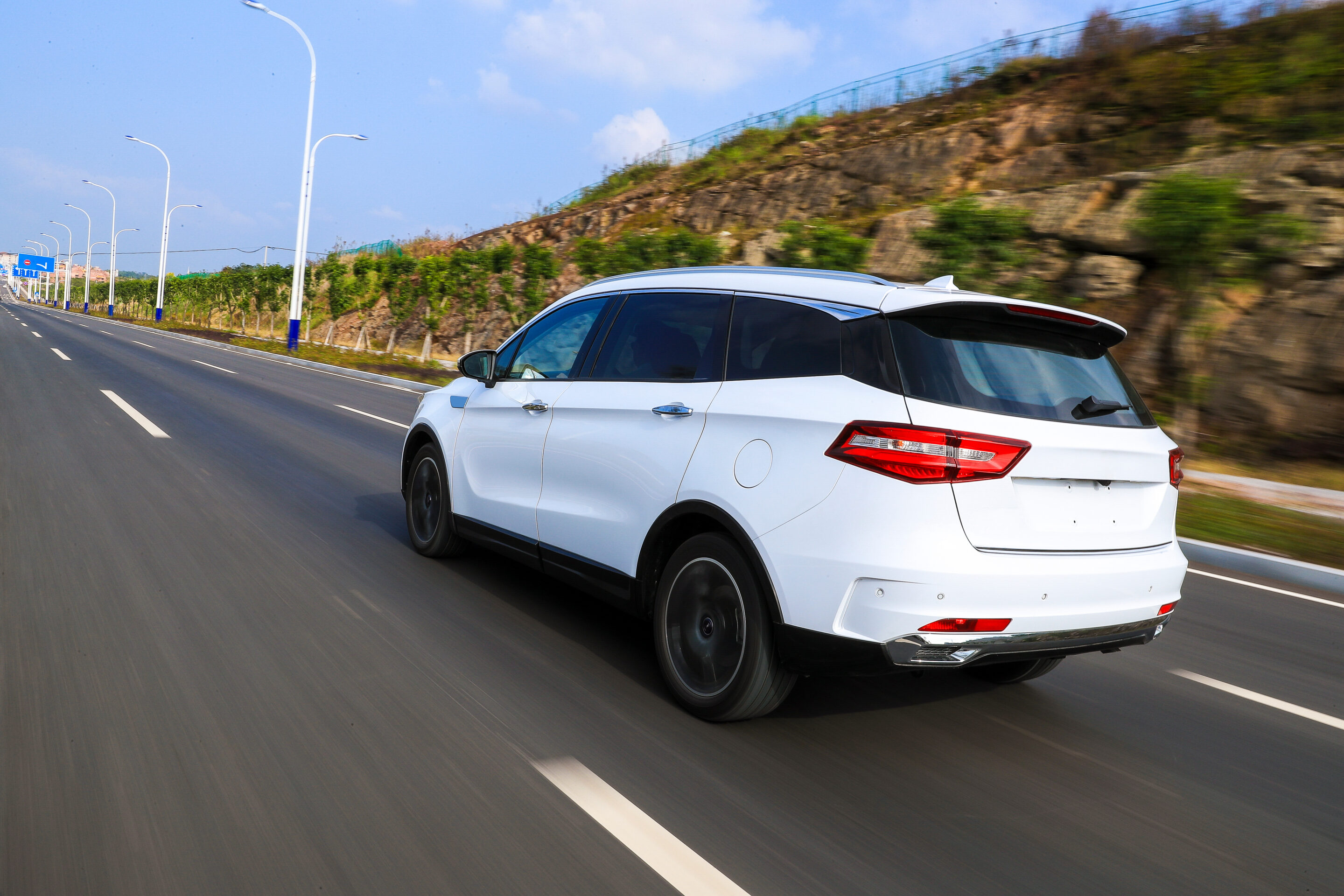Does Tesla prove Dealers Don’t Add Value?, from Fixed Operations Insight.
Last week New Jersey started enforcing a ban on direct sales by Tesla Motors of its path-breaking model S. Tesla’s direct sales have also run into hot water in a number of other states: Ohio lawmakers are debating a ban on Tesla’s direct sales and Texas, Arizona, and Virginia are also opposed. Proponents of a ban on direct sales claim that they are acting in the interest of customers. But is it the interests of customers they’re following or rather the bidding of the powerful car dealership lobby?
Car dealers and more generally intermediaries represent an extra layer of companies in the supply chain that clearly increases costs to customers. But in many cases they also serve important functions in a supply chain and can create more value than the inefficiencies they cause. Let’s look at whether these functions are needed in the car market:
- Search and discovery: In the same way eBay helps turn one person’s junk into another person’s collectible or AirBnb makes your empty guest room a hotel room, intermediaries can help buyers find sellers. Beyond finding the right seller, an intermediary might help match the buyer to the best product for her, providing important guidance and product information. In disaggregated markets with many sellers and buyers and where search costs are high, intermediaries provide considerable value. But the car market is no longer like this. With product information widely available on the Internet, numerous knowledgeable automobile blogs, websites, most customers can investigate different cars themselves. Further, the test drive can be done via a few product galleries (as is the case with Tesla). The rest of the dealership infrastructure is, basically, redundant from a search and discovery perspective.







